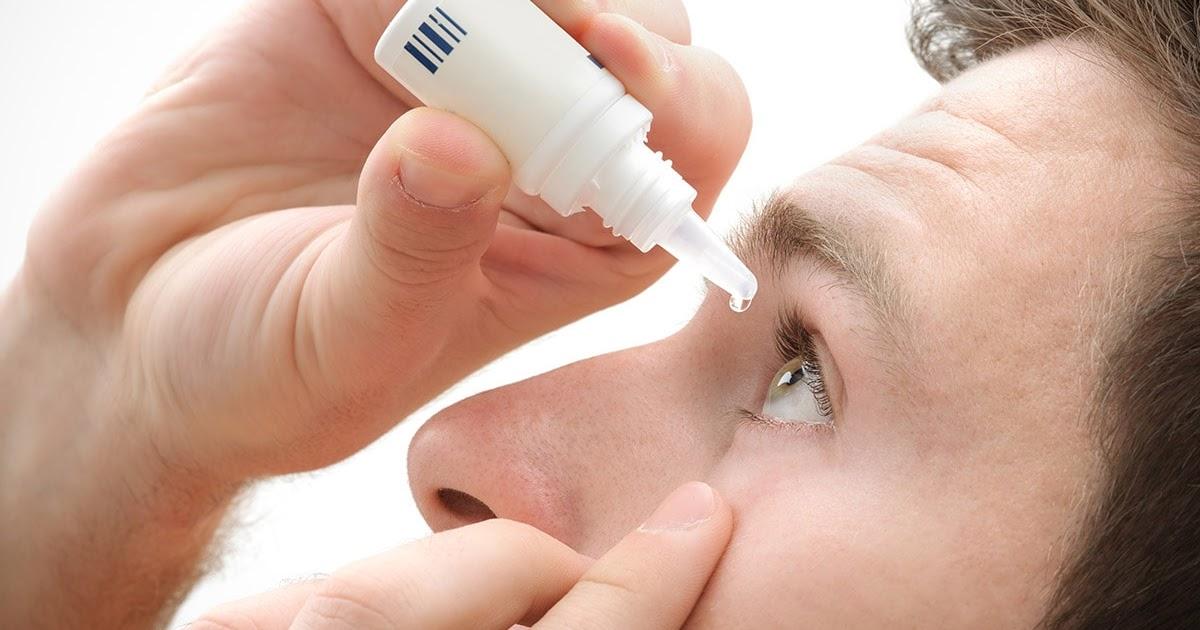
How to Deal With Eye Injuries
Eye injury is a broad term for describing physical or chemical damage to the eye or its socket. It is most common when an eye gets a scratch or exposure to toxic chemicals. Major trauma is likely to cause a severe injury.
Most eye injuries are something that you can diagnose and is easy for an ophthalmologist to treat. Symptoms vary according to the type of injury but in most instances will include discomfort in moving the eye, redness, and pain. Treatment varies according to type and severity, but it is essential that an ophthalmologist perform an examination. Before you reach the specialist, it is crucial to deal with the injury as some form of first aid.
For all eye injuries
- Do not rub, touch or apply any pressure to the eyes.
- Do not apply medication or ointments without prescription from an eye specialist
- Do not remove anything that is stuck in the eye forcefully as it will cause further damage.
Cut or puncture
It is important to shield the eye to prevent germs from getting to the eye. You should gently place a shield on your eye with a bandage, soft, clean cloth or paper. Cut and tape the shield to bones surrounding the eye to keep away bacteria and viruses until you reach somewhere to get medical attention.
Avoid:
- Rinsing the cut or puncture with water
- Rubbing or applying pressure to the eye
- Aspirin, ibuprofen or other anti-inflammatory or non-steroidal drugs. This medicine can increase bleeding since they contain blood thinning properties.
See Nursingwritingservices.com Reviews Online by our customers and writers. We are among the best rated company in providing nursing services.
Foreign material or particle stuck in the eye
Do not try to remove a sticky object if it will cause more injury or rubbing the eye as it can spread. You should instead do the following:
- Lift upper eyelid over the lashes on lower lid
- Blink few times to allow tearing. Tears help in flushing our particles.
- If the particle remains, close the eye much as possible until you get medical attention by an ophthalmologist
- If possible, tape an eye shield or a paper cup over the eye for protection and seek immediate medical help
Small debris
In most instances, small debris such as sand does not stick to the eye. You can remove them by flushing the eye out by cleaning with eyewash. Avoid rubbing the eye to prevent debris from disintegrating and spreading. If the debris does not get out, bandage the eye lightly and visit an emergency room or an ophthalmologist quickly.
Chemical splash and burns
Chemical burns occur due to accidental splash or spray. Chemicals can also get to the eye by touch with unclean hands.
The basic makeup of a chemical makes much difference to the amount of burning. Acids cause considerable burning and redness, but it is simple to wash out. Alkali causes lesser immediate redness or eye pain but causes more serious harm over time.
If chemicals splash to the eye, the first action is to wash the head under a stream of barely warn clean tap water for around 15 minutes. The water should run into the eye and down the face without rubbing. You can put an ice pack or moist compress on the eye on the eye after rinsing to soothe irritation but avoid rubbing.
Chemicals are dangerous for the eye and could even interfere or cause loss of eyesight. It is essential to call an ophthalmologist quickly and get recommendations on the actions to take before reaching a care center. Ensure that you quickly get medical help.
Blow to the eye /Eye Swelling
Swelling of the eye and puffy swollen eyelids occur after a strike to the eye by something at high speed such as a baseball. The best way of dealing with pain and irritation is to place an eye pack over the eye. Applying a small cold compress helps in reducing swelling and pain. A doctor should check the condition especially when there is a black eye to examine if there is internal damage.
After dealing with eye injuries, it is essential to contact an eye specialist. Most of them have contact phone numbers for injuries that occur after business hours. An extreme situation such as penetrating eye injury or knock out from the socket requires quick attention in a hospital without spending much time to try a call.

